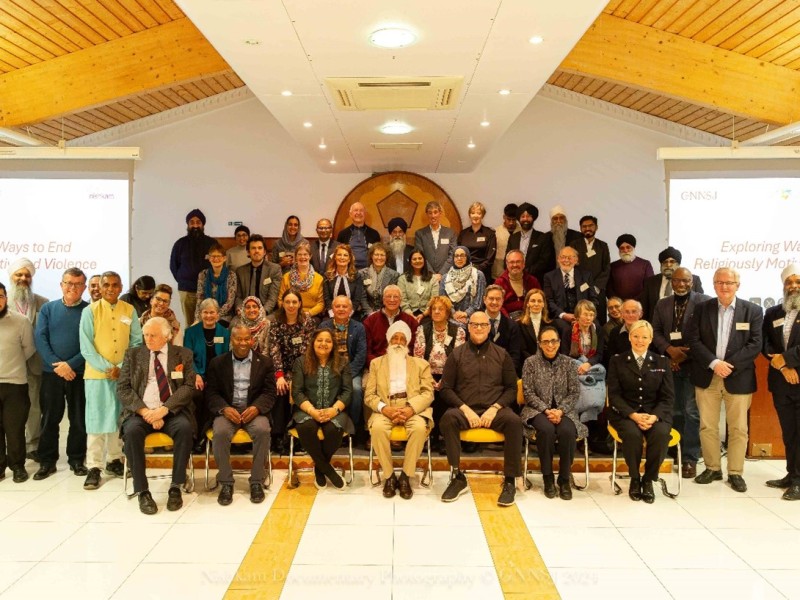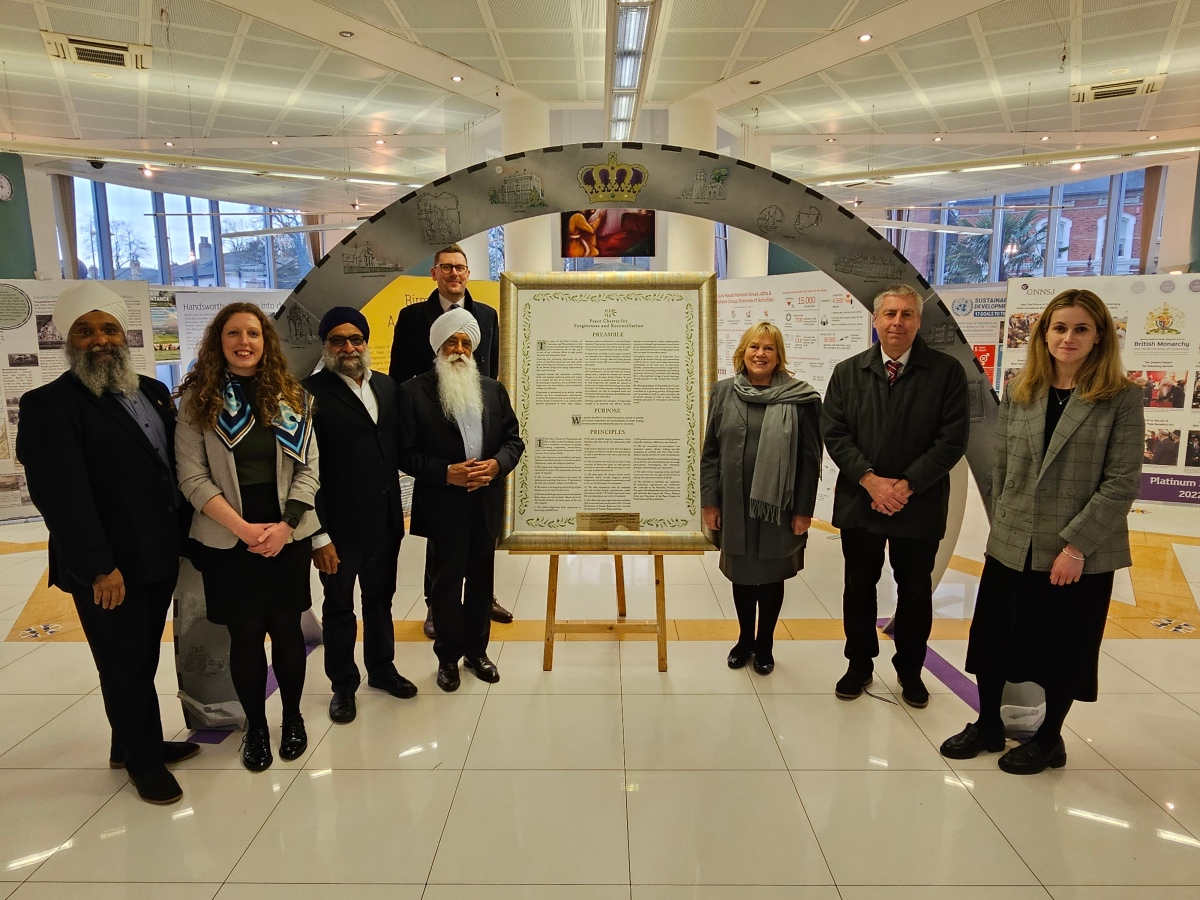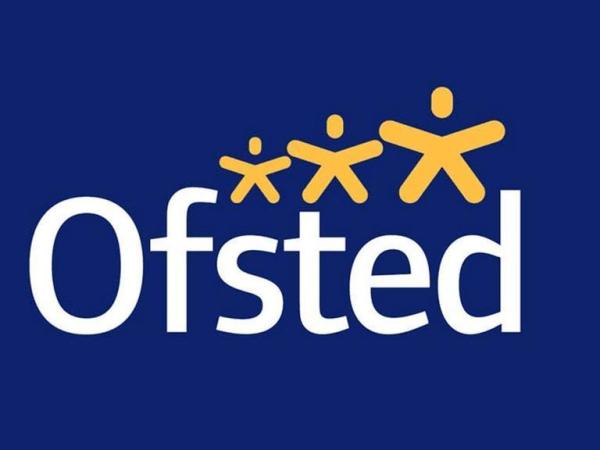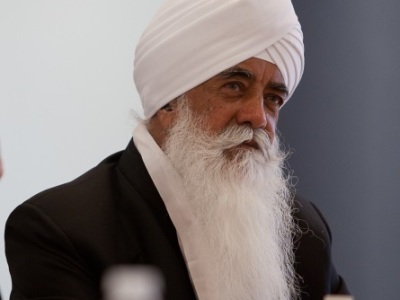 The Peace Charter for Forgiveness and Reconciliation was adopted by the 10th World Assembly of Religions for Peace(RfP) which convened from 20-23 August 2019 in Lindau, Germany. The World Assembly, opened by the President of Germany, Frank-Walter Steinmeier on 20 August 2019, was
The Peace Charter for Forgiveness and Reconciliation was adopted by the 10th World Assembly of Religions for Peace(RfP) which convened from 20-23 August 2019 in Lindau, Germany. The World Assembly, opened by the President of Germany, Frank-Walter Steinmeier on 20 August 2019, was
attended by some 900 global religious leaders and delegates. Religions for Peace International is the world’s largest and most representative coalition of religious and indigenous communities and operates in over 90 countries.
The concluding declaration of the World Assembly stated, “We are grateful for 49 years of determined focus on building peace and on speaking for those most in need. We are an alliance of care, of compassion, of love … We adopt The Peace Charter for Forgiveness and Reconciliation, convinced that transforming violent conflicts requires the healing of historical wounds and painful memories, forgiveness, and reconciliation. We commit to integrating efforts for healing into all our conflict resolution work.” The Peace Charter was presented to the 10th World Assembly by the co-convenors Bhai Sahib Bhai Mohinder Singh Ahluwalia (Chairman of Guru Nanak Nishkam Sewak Jatha, UK, and Co-President of Religions for Peace) and Dr William F. Vendley (outgoing Secretary-General of Religions for Peace), and by the Peace Charter’s Director Dr Josef Boehle (University of Birmingham, UK). The Peace
Charter’s organisational development began in 2011 and has received support from a wide range of religious, political, academic and civil society leaders.
The Guerrand-Hermes Foundation for Peace (UK), the Fetzer Institute (USA), Religions for Peace International, the Guru Nanak Nishkam Sewak Jatha (GNNSJ), UK, and the Nishkam Centre, Birmingham (UK) were amongst the early core group of supporting organisations.
The Preamble of the Peace Charter begins with the following introduction:
“The vision of the Peace Charter for Forgiveness and Reconciliation is that the process of forgiving is vital if healing  and reconciliation are to take place, as part of our collective efforts to seek justice, harmony and sustainable peace. Fostering and practising forgiveness has the power to transform memories and deep-seated responses to legacies of injustice, conflict and war. It can liberate people from being imprisoned in their pasts and long ingrained mental and emotional conditions. Faith and spiritual traditions guide and inspire us to awaken the best of our human potential, by practising compassion, mercy, kindness, love, forgiveness and reconciliation, and to positively reshape our
and reconciliation are to take place, as part of our collective efforts to seek justice, harmony and sustainable peace. Fostering and practising forgiveness has the power to transform memories and deep-seated responses to legacies of injustice, conflict and war. It can liberate people from being imprisoned in their pasts and long ingrained mental and emotional conditions. Faith and spiritual traditions guide and inspire us to awaken the best of our human potential, by practising compassion, mercy, kindness, love, forgiveness and reconciliation, and to positively reshape our
destinies.”
Ends
For more information please visit:
Peace Charter for Forgiveness and Reconciliation
Religions for Peace International














